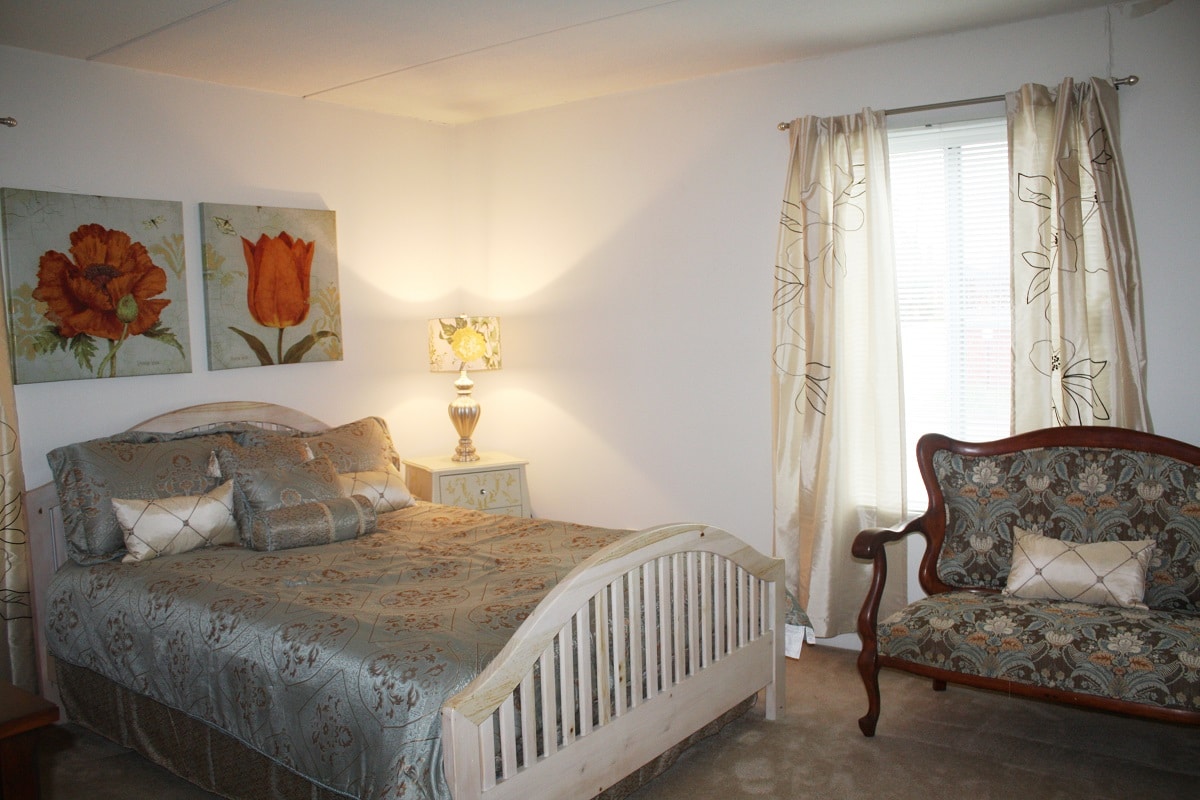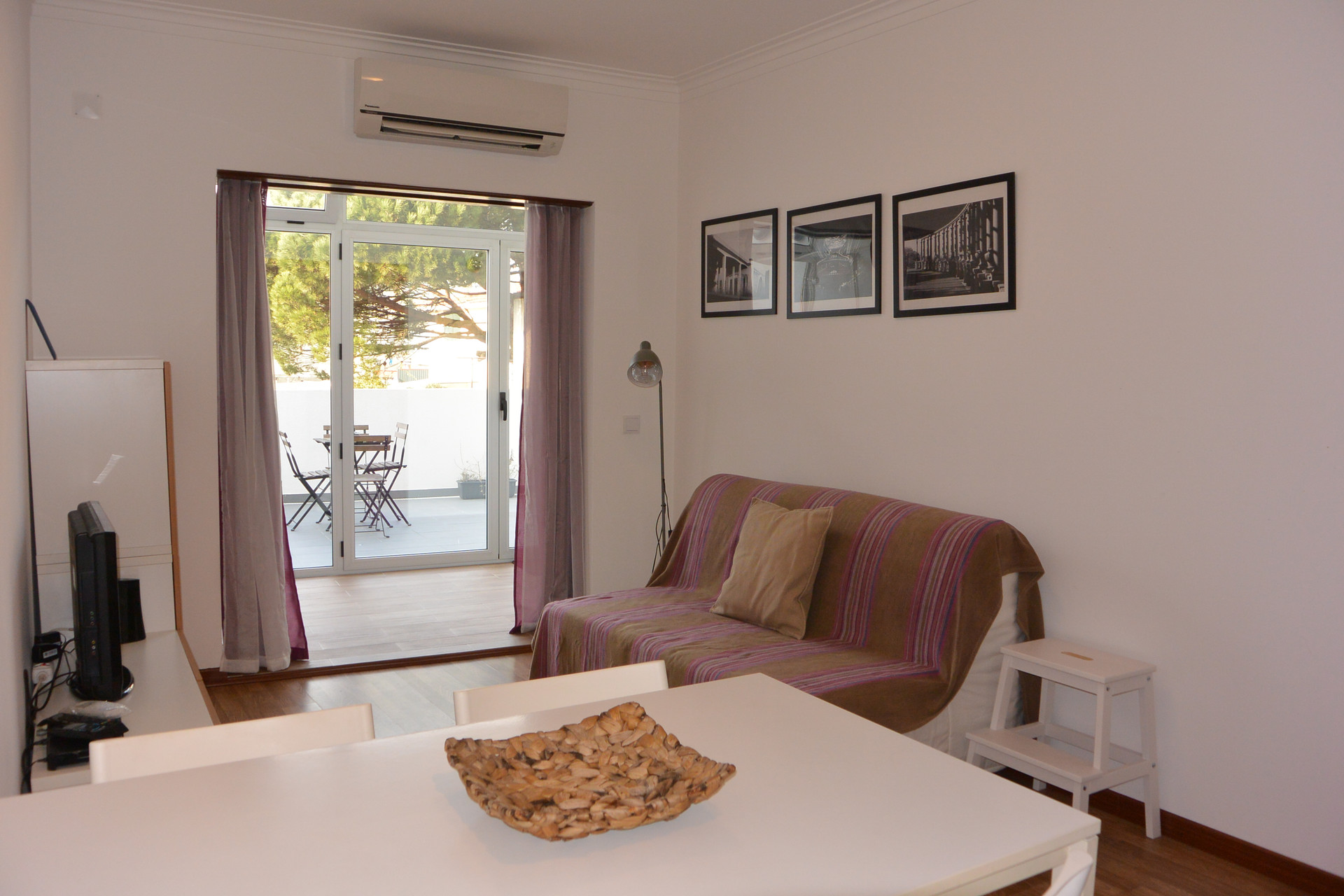

She struggled to let go of her house with a garage and a pool to move into the small apartment in New York, but she appreciated Ingrid’s living style. Ingrid is thrilled to be sharing her space, saying that she hopes to have a roommate until she’s “98 - at least.”Īt first, having an older roommate was a “90 percent financial” decision for Stacey, who was living in California when she landed a teaching job at the New School and saw Ingrid’s post on Craigslist. Now she’s on her second pairing through the program. She was 65 and had lived alone for decades. Three years ago, Ingrid noticed an advertisement from the New York Foundation for Senior Citizens on the subway. They share a one-bedroom apartment in the Bronx and each pay $750. Ingrid Sletten, 68, was paired with Stacey Stormo, 37, through a nonprofit that helps older adults find roommates. “She showed empathy whenever we told her what had happened to us, and she cared for us like a mother.” “The first weeks, I missed my parents very much and would cry all night, but Anna was so supportive,” Alina says.

But the Gureviches have supported them emotionally too. Alina ended up on the couch.)ĭuring their stay so far, the siblings have needed help with logistics - finding lawyers, figuring out paperwork. (The siblings had to decide between themselves who was going to get it. And with their older son away for college, they had an open bedroom. Both are fluent in Russian, which lets them communicate with the two teenagers, who don’t yet speak English. “When we found this family, I felt so calm and at peace,” Daniel says.įor Anna and Mark, the decision to open up their home was easy. Volunteers paired them with the Gurevich family - Anna, Mark and their son Gabriel. They were exhausted and had nowhere to live until they arrived in New York. “I’m still working in Philly, so I’m going to commute almost two hours, but I’m living a dream that I’ve always had.”ĭaniel Yaburov and Alina Yaburova, siblings from Dnipro, Ukraine, fled the war in February and came to New York, where they are being hosted by the Gurevich family in their three-bedroom apartment overlooking Riverside Park on the Upper West Side.ĭaniel and Alina’s escape involved a long, perilous journey from their home city, Dnipro, to Poland, across Europe to Belgium and onward to Mexico and the U.S. “I’m actually making my life a million times harder,” she says. Katie, who moved from Philadelphia, where her rent was $400 cheaper, wanted to get out of her comfort zone. “I’m extremely social, but I like to choose when I can be,” she says. Privately, she says she’s tired of having roommates and making small talk in her own home. When her lease was up for renewal, her landlord notified her of a shocking rent increase: She would now be responsible for paying up to $1,600 a month.

She shared an apartment with her best friend in NoLIta, paying $980 a month. Kayla had already been living in Manhattan for a year before joining Edgar and Katie in Brooklyn. “I think this is a great starting spot for me,” Edgar says. When the trio met up on moving day, it was both Edgar’s and Katie’s first day in New York. He found Katie McDonald and Kayla Hakvaag, who are flight attendants, through a mutual friend. They each pay between $850 and $995 a month for their rooms.Īfter working his job at the nonprofit GLAAD remotely, Edgar Bonilla figured it was time to take the plunge and move to the city. On May 1, three strangers moved into their three-bedroom apartment in the Bedford-Stuyvesant neighborhood of Brooklyn. But they are all making do in a famously challenging city. Some sleep two to a room or in what’s supposed to be the living room many still struggle to make ends meet, even as they share tiny spaces. This spring, the magazine visited the homes of renters who have moved to the city during the pandemic, checking in on the pleasures and compromises of living with brand-new roommates: the tight quarters and awkward interactions, but also the mutual assistance and instant camaraderie that arise when people are thrown together. The profound shortage in rental units has forced the city’s residents to figure out their own ways to live affordably.Īnd that - especially for those moving to the city for the first time - often means living with total strangers. Between 20, the city added 500,000 jobs but only 100,000 new housing units. With the median one-bedroom apartment hovering around $3,500 a month, New York’s rents are officially among the most expensive in the country. Two facts are painfully clear to New Yorkers: The rent is too high, and it keeps getting higher.


 0 kommentar(er)
0 kommentar(er)
